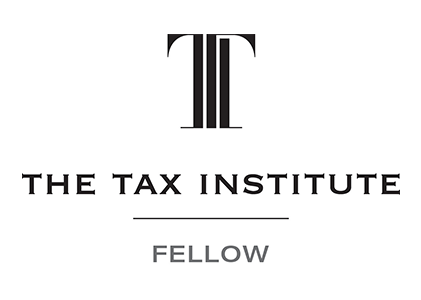While all superannuation funds have a shared goal to provide retirement benefits to their members, there are many differences between SMSFs and other superannuation funds. So, if you're thinking about setting up an SMSF, it's worthwhile comparing SMSFs with other funds before making your decision. Here, we highlight the main differences between SMSFs and other funds.
SMSFs |
Other super funds |
|
|---|---|---|
| Members and trustees | SMSFs consist of up to six members, and all of them must act as either individual trustees or directors of a corporate trustee. This ensures that all members are actively involved in managing the fund. | There is usually no cap on the number of members, and professional, licensed trustees are tasked with managing the fund. |
| Responsibility | Trustees are expected to have knowledge of tax and super laws and must make sure their fund complies with those laws. The risk of non-compliance is borne by SMSF trustees or the corporate trustee directors, who can be personally fined if their fund breaches the law. | The compliance responsibility lies with the professional licensed trustee. |
| Investments | Trustees create and implement the fund's investment strategy and make all the decisions regarding investments. | While most funds offer some control over the type and risk profile of investments, members generally cannot select specific assets in which their funds are invested. |
| Insurance | Trustees are required to consider whether to provide insurance for the fund's members. Note that insurance premiums may be higher than in other super funds. | Insurance cover is typically provided to members at a lower cost, as large funds can secure discounted premiums. |
| Regulation | SMSFs are regulated by the ATO, and trustees are required to engage with the ATO to manage their fund. | These funds are regulated by the Australian Prudential Regulation Authority (APRA), with little to no direct member interaction required. |
| Complaints/disputes | The ATO does not handle internal disputes among SMSF members. Disagreements must be settled through alternative dispute resolution methods or in court, at the member's expense, and there is no government-backed compensation scheme | Members can lodge complaints with the Australian Financial Complaints Authority (AFCA) and may qualify for statutory compensation. |
| Fraudulent conduct or theft | SMSFs do not receive government financial assistance if there is fraud or theft. Legal action may be possible under Corporations Law, but compensation is not guaranteed. Be cautious about sharing personal details. And if you are approached by a financial adviser, ensure they are listed with ASIC. | Members of other funds may be eligible for government assistance in cases of fraud or theft. |
Our Management Credentials




